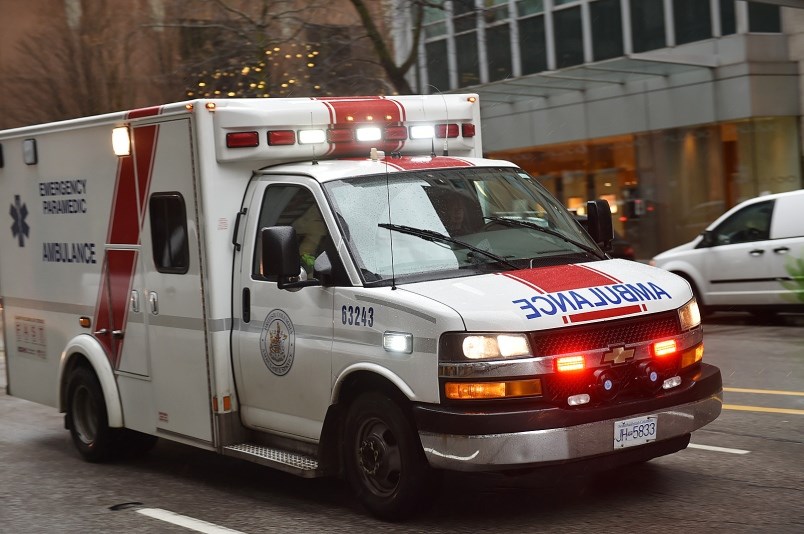Lisa Lapointe expressed her concern Tuesday in reaction to from the B.C. Coroners Service showing almost one in five people who died in January had extreme levels of fentanyl concentrations in their system — greater than 50 micrograms per litre, the largest number recorded to date.
"We're particularly concerned about the toxicity of the drugs detected in many of the deaths recorded in January," Lapointe said in a news release.
"The findings suggest that the already unstable drug supply in B.C. is becoming even deadlier, underscoring the urgent need for supervised consumption options, prescribing for safe supply and accessible treatment and recovery services."
Carfentanil — a more lethal analogue of fentanyl — was detected in 14 deaths, an increase from the December total of nine and the largest monthly figure since May 2019.
Other findings include increases in the presence of unprescribed benzodiazepines and its analogues, including etizolam. Since July 2020, etizolam has been identified in 31 per cent of deaths where expedited testing was performed.
In January, benzodiazepines and its analogues were detected in nearly half (49 per cent) of all samples tested. The coroners service says the addition of etizolam — which is not licensed in Canada — to fentanyl increases the likelihood of overdose due to the combined respiratory depressant effects.
January became the 10th consecutive month where more than 100 people died in B.C. after using illicit drugs. The death toll in January is the highest recorded in the first month of a calendar year and sets the province on pace to in 2020, the worst year on record.
"These figures are heartbreaking, both in scale and for the number of families who are grieving the loss of a loved one," Lapointe said. "In the fifth year of this public health emergency, there is virtually no community in the province that hasn't been touched by this devastating loss of life."
January’s death toll equates roughly to an average of five people per day dying of an overdose and about 38 residents per 100,000. Once again, Vancouver (42), Surrey (19) and Victoria (13) were the cities that saw the most deaths.
In 2020, those three cities combined for 748 deaths, with Abbotsford (66), Kelowna (62), Kamloops (60), Prince George (58), Burnaby (58), Langley (39) and Nanaimo (38) following behind.
Abbotsford (seven), Prince George (seven) and Burnaby (six) accounted for 20 deaths in January.
Sheila Malcolmson, B.C.’s Minister of Mental Health and Addictions, said in a statement Tuesday that she was “committed to finding even more ways to support and separate people from the poisoned drug supply.”
Malcolmson outlined a series of measures the government has taken to combat the overdose death crisis, including medication-assisted treatment, supervised injection sites and new and expanded outreach teams.
"Stigma is driving people to use alone, and the pandemic is pushing people further into isolation,” the minister said.
“We stepped up our response to these emergencies as quickly as possible in B.C., but the effects of the pandemic on the illicit drug supply chain has made drugs dramatically more toxic than a year ago and, tragically, more lethal.”
Meanwhile, Mayor Kennedy Stewart announced Tuesday that the city's preliminary application to Health Canada that requests decriminalization of personal possession of drugs in Vancouver was submitted Monday. It is being dubbed the "Vancouver model" and had input from Dr. Patricia Daly, the chief medical health officer for Vancouver Coastal Health, and the Vancouver Police Department.
"It provides an outline of how the City of Vancouver plans to work with community organizations and people with lived experience to divert drug users away from the criminal justice system, connect them with health care, and support them on a path towards healing," according to a news release from the mayor's office.
@Howellings




